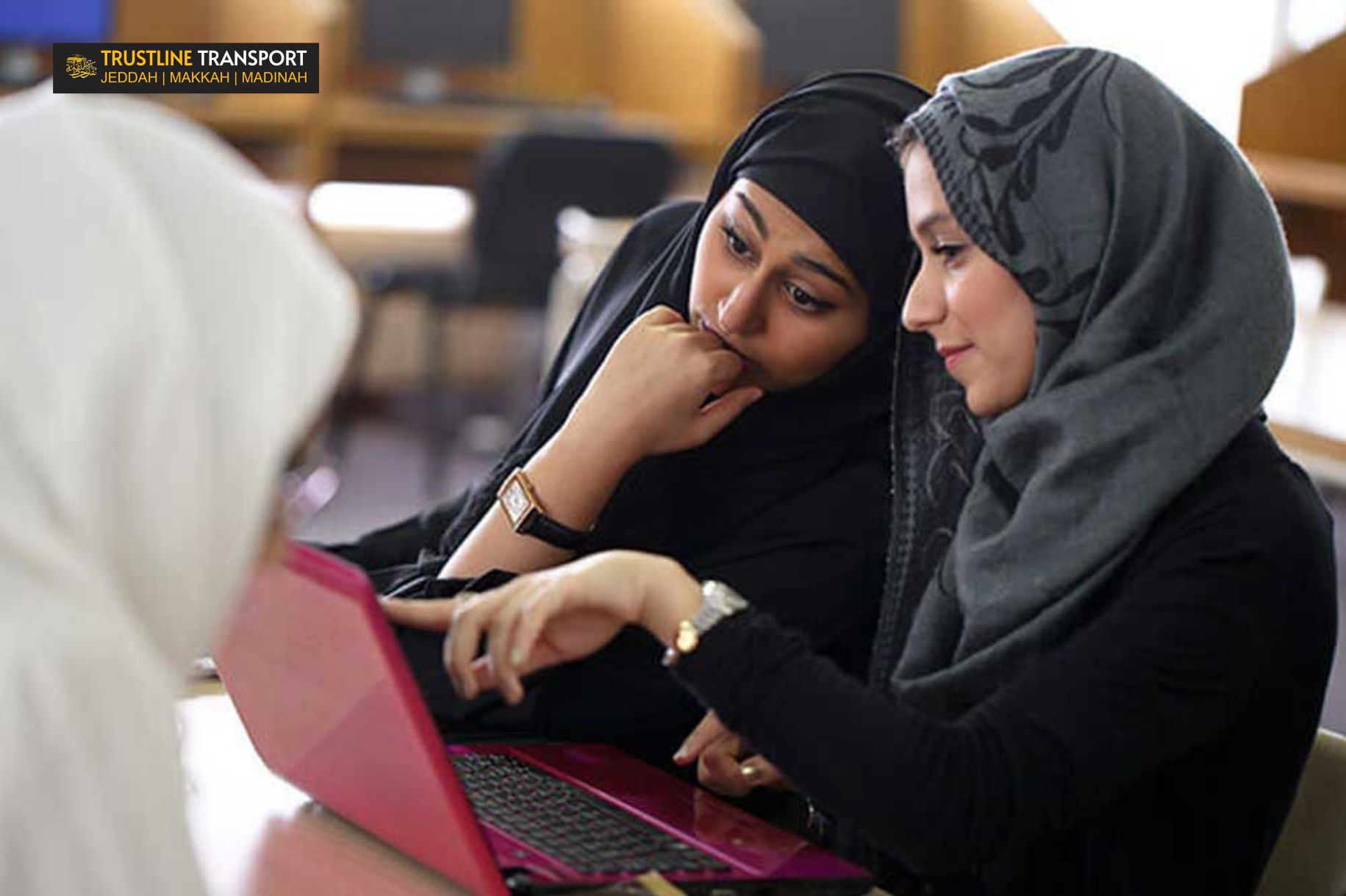The Pre-Islamic Practice of Female Infanticide and How Islam Eradicated It

Introduction
Before the advent of Islam, pre-Islamic Arabia was plagued by numerous social injustices, one of the most horrifying being the practice of female infanticide (wa’d al-banāt)—the burial of newborn girls alive. This practice was driven by economic hardship, societal shame, and patriarchal norms. However, Islam decisively abolished this cruel custom, elevating the status of women and reinforcing the sanctity of life.
The Practice of Female Infanticide in Pre-Islamic Arabia
Social and Economic Motives
- Daughters were seen as a financial burden, as they required dowries upon marriage.
- Sons were valued for their role in tribal warfare and inheritance, while daughters were considered weak.
Cultural Stigma
- A widespread belief existed that daughters brought dishonor to their families.
- Tribal rivalries and raids often resulted in women being taken as captives, increasing the fear of humiliation.
Religious Ignorance
Many Arabs, in their state of Jahiliyyah (ignorance), followed superstitions that justified this practice.
The Practice of Female Infanticide in Pre-Islamic Arabia
With the revelation of the Quran, Islam confronted and abolished this barbaric act, emphasizing the sanctity of life and the equality of all human beings. The Quran explicitly condemns this practice in multiple verses:
Condemnation in the Quran
- “And when the girl [who was] buried alive is asked, for what sin she was killed?” (Surah At-Takwir 81:8-9)
- This verse paints a vivid picture of the Day of Judgment, where innocent girls will testify against their murderers.
Warning Against Killing Children Out of Fear of Poverty
- “Do not kill your children for fear of poverty. We provide for them and for you. Surely, the killing of them is a great sin.” (Surah Al-Isra 17:31)
- Islam reassures believers that sustenance is the responsibility of Allah, removing economic justifications for infanticide.
Prophet Muhammad’s (PBUH) Teachings on the Value of Daughters
The Prophet (PBUH) emphasized the blessing of raising daughters, stating: “Whoever has three daughters and is patient with them, feeds them, gives them drink, and clothes them from his wealth, they will be a shield for him from Hell on the Day of Resurrection.” (Ibn Majah, 3669)
This Hadith reversed the stigma around daughters, turning them into a source of honor and salvation.
How Islam Elevated the Status of Women
Islam not only condemned female infanticide but also actively worked to restore the dignity and rights of women:
Right to Life and Protection The Quran affirms that all human beings are created equal and that life is sacred.
Inheritance and Property Rights
- Unlike pre-Islamic times, women were granted rights to inheritance under Islamic law (Surah An-Nisa 4:7).
Marriage and Consent
- Forced and child marriages were prohibited, and women were given the right to choose their spouses.
Education and Social StatusThe Prophet (PBUH) encouraged the education of both men and women, stating: “Seeking knowledge is an obligation upon every Muslim.” (Ibn Majah, 224)
Conclusion
Islam revolutionized Arabian society by eradicating female infanticide and elevating the status of women. Through divine revelation and the teachings of Prophet Muhammad (PBUH), women were no longer seen as burdens but as equal and valuable members of society. Today, the legacy of these teachings continues to inspire justice and gender equality in Muslim communities worldwide.


